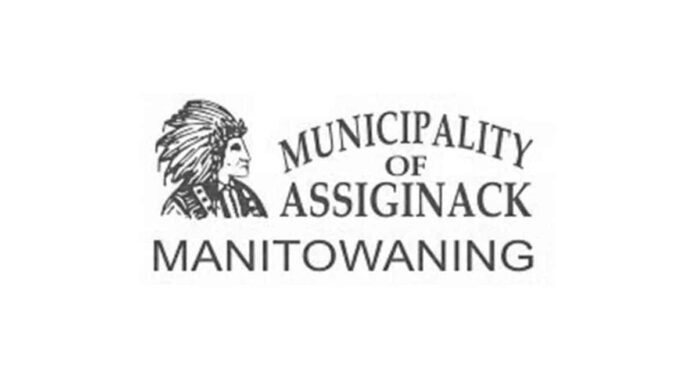An ever-present concern about which we all need to speak up
To the Expositor:
In the last month, there has been the presence of two ads in The Expositor that have announced the growing and pervasive presence of toxic and concerning chemicals on our Manitoulin landscape. One was an ad looking for land for cash cropping and the other was an EMCON ad announcing herbicide spraying starting August 4 and continuing for two weeks on Highways 540 and 6.
Together they announce the cumulative and ever present use of herbicides in our environment. What is the total amount used? No one knows. The left hand doesn’t talk to the right. But as I had recently asked a spray applicator for the crop fields here on the Island, there are “thousands of acres” being planted (and thus sprayed). As the expression goes “the dose makes the poison.” Herbicides, the most common being glyphosate such as the trade name Roundup, are used by the EMCON (contracted by the MTO) on our provincial roads, Hydro One, modern agriculture (cash cropping employs the most usage by planting Roundup ready corn, soy, canola—and there is more of that happening here on our Island), agroforestry (killing off the deciduous trees in favour of the coniferous trees), phragmite control in certain locations, private landowners in search of that perfect green lawn, and not to mention the presence of glyphosate in our own foods as it is used as a desiccant for grains so that they don’t spoil in storage. It has been estimated that a person will consume more glyphosate in a bowl of Cheerios than they do vitamin D (quoting Dr. Mark Hyman interviewing Robert F. Kennedy Jr in a 2021 interview, available to watch on YouTube).
How about the pet food industry? Just look at a label, you will not see ‘organic corn or wheat’ as there is no profit for a company to use organic grains in the production of that kibble, so you can guarantee our pets are receiving a daily dose of glyphosate with every bite. What about the water runoff into our streams or wells? There is glyphosate testing, however, it is expensive and the onus is entirely upon the homeowner or water conservation authorities.
What’s the impact? The use of these chemicals not only are expensive and make record profit for these companies, but they are extremely damaging to the health of our environment and thus in extension, all living creatures from aquatic to insect to avian to terrestrial. For those who say there’s no alternative and there’s no going back, there’s always a plan B. For example, a green lawn—switch to growing alternatives that are only better for your soil and actually provide food for insects such as clover. For roadside maintenance, how about good old fashioned vinegar and salt, or consider the use of goat grazing which some states and provinces use for weed control? For modern agriculture, well, that’s a whole new field and study revolving around regenerative agriculture. We humans do have a capacity to think outside the box.
Glyphosate, aka Roundup, has been banned in some European countries. North America is a different story. Originally used in the beginning as a chemical pipe cleaner, glyphosate is a chemical that the Pest Management Regulation Agency (Canada) and the Environmental Protection Agency (United States) would prefer to give their seal of approval to benefit the corporations such as Monsanto, and sacrifice the health of the less affluent population. The evidence of its harmful effects is overwhelming in the literature. It is known to disrupt metabolic pathways (the Shikimate pathway) not only in non GMO plants but bacteria, algae and fungi. In other words, it disrupts and kills the “biome.” This explains why it is so damaging to soil and living organisms. We all need the ‘biome’ or bacteria in our soil and guts to remain healthy. Glyphosate has been attributed to causing neurological disease, autoimmune disease and cancers. In 2015, a public lawsuit against Monsanto whereby three separate United States law firms demonstrated Roundup’s direct causation of non-Hodgkin’s lymphoma in a California groundskeeper who innocently had no idea how toxic it was as he sprayed school yards and public parks. Monsanto lost and paid millions, but this is just a drop in the hat for this company. This was eight years ago.
When will we wake up? I hope soon, because without bees and pollinators, farmers cannot continue to feed cities. We do have the right to demand healthier soil, air, and water, and as stewards for the land we live on, we need to speak up.
Janice Mitchell
Tehkummah





